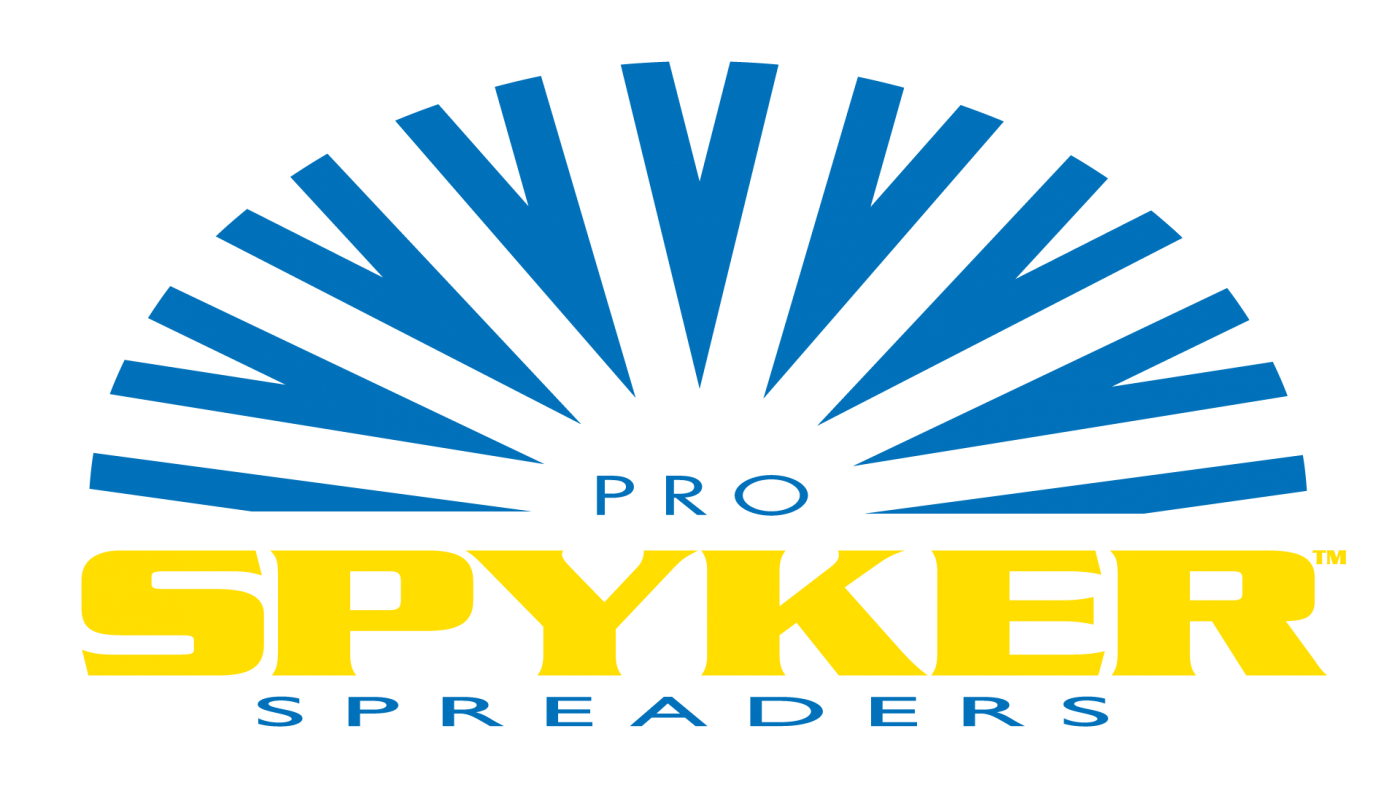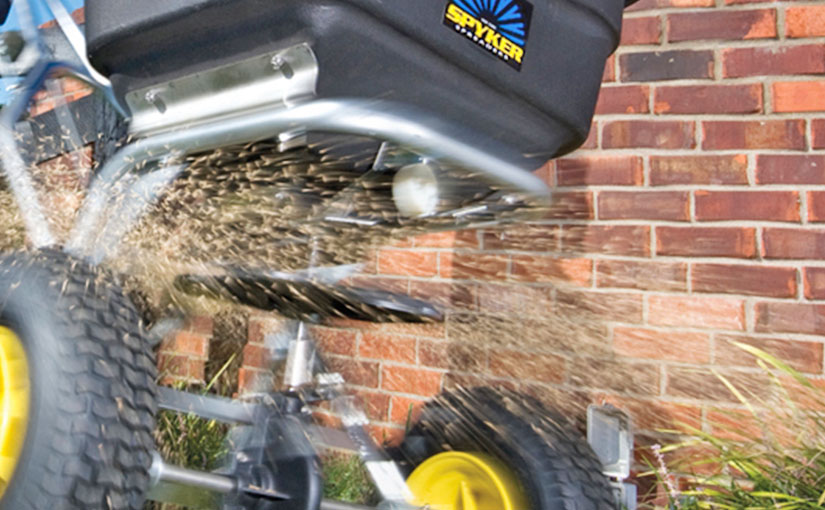Spring is finally here. And that means you and your technicians will be busy applying pre- and post-emergent herbicides. Plus, it’s soon grub season. So, your commercial applicators will be putting down grub control and other lawn chemicals too.
According to GreenIndustryPros.com, many lawn care companies find that lawn renovation, which includes lawn chemicals, is lucrative to add to their menu of services.
Also, if you’re like many smart lawn maintenance contractors, you know that being a one-stop-shop for homeowners and businesses alike makes you invaluable in the areas that you serve.
However, you don’t want to use these potent chemicals without the right certifications and licenses for applying lawn chemicals to fend off insects and disease on your customers’ lawns.
Indeed, OSHA (Occupational Safety and Health Administration) has created regulations to keep lawn care and landscape workers safe while mixing and applying professional lawn care chemicals. Additionally, the Environmental Protection Agency (EPA) created laws requiring pesticide applicators to be tested and certified before working with any pesticides and herbicides.
In this article, you’ll learn more about
- OSHA’s regulations for lawn care pesticide applicators.
- Pesticide certification: It’s a Federal law. All of your workers who mix and use lawn chemicals must go through pesticide applicator training and testing.
- You’ll learn more about the Restricted Lawn Chemicals list.
OSHA’s Regulations for Lawn Care Pesticide Applicators
Since there’s a risk for injury when lawn chemical applicators mix and use chemicals, OSHA designed protocols to keep your employees safe while they work with pesticides and herbicides.
OSHA’s regulations for lawn care employees focus around wearing the right protective gear and the applicator’s ability to read and comprehend the lawn chemical’s mixture guidelines. OSHA wants to reduce employees’ exposure to pesticides and herbicides.
OSHA regulation 1910.132 states that employers must provide all protective equipment, including safety glasses, gloves, protective clothing, and other forms of protecting employees, while mixing and using any professional lawn care chemicals.
Watch more: See our Spyker’s ERGO-PRO spreaders in action.
EPA and Federal Laws Related to Lawn Chemicals
First, if you have a handful of employees dedicated to mixing and applying any herbicides or pesticides, they will need training and certification before they use those chemicals. The EPA set up laws overseeing lawn chemical use for commercial applicators.
According to the EPA, you and your employees are considered commercial applicators because you’re administering professional lawn chemicals on other people’s properties.
Here’s what you need to know regarding Federal laws: You need to check with your state’s laws regarding pesticide applicator’s certification as well as follow the EPA’s Standards for Certification of Commercial Applicators.
You can find your state or territory’s regulations through its Department of Agriculture or its Environmental Protection Agency. The National Pesticide Center’s interactive map provides the right office to contact for each state and territory in the U.S.
You need to understand and incorporate the following EPA’s Standards for Certification of Commercial Applicators:
- You need to know about core pesticide use and safety, as well as a specific category (type/site) application.
- For core pesticide use and safety, commercial applicators must show practical knowledge of:
- Pesticide label and labeling comprehension.
- Safety, including pesticide hazards, first aid, personal protective equipment, and emergency response.
- Pesticides in the environment.
- Pest identification and management.
- Pesticide formulations.
- Pesticide application equipment and application techniques.
- Laws and regulations.
Watch more: How to Set the Spyker Dial on Your Spyker Spreader.
The EPA also outlines 10 categories where you and your employees can earn certification:
- Agricultural pest control: plants and animals
- Forest pest control
- Ornamental and turf pest control
- Seed treatment
- Aquatic pest control: includes pesticides applied purposefully to standing or running water
- Right-of-way pest control: maintenance of public roads, electric power lines, pipelines and railways
- Industrial, institutional, structural, and health-related pest control: include pesticides used in and around food handling establishments, human dwellings, schools, hospitals, and industrial establishments, including warehouses and grain elevators.
- Public health pest control: use of pesticides to control pests having medical and public health importance.
- Regulatory pest control: includes state, federal, and other government employees who use or supervise the use of pesticides in the power of regulated pests, such as the Mediterranean fruit fly.
- Demonstration and research pest control.
You and your commercial applicators are certified to use professional lawn care chemicals in your state by passing a written test and a performance-based test as well as an EPA-approved system.
You and your employees who are certified commercial applicators must keep up with your lawn chemical certification through continuing education classes every three to five years.
Read more: 23 Best Lawn Care Business Apps to Make You More Efficient Out on the Field.
Restricted Use Product’s List
The EPA placed restrictions on this list of chemicals because the lawn chemical could potentially harm the applicator, any people nearby, or the local environment.
Additionally, the public can’t buy any RUPs because the lawn chemicals require a certified applicator or someone under the supervision of a certified application to use them.
Lastly, the EPA registers all RUPs and their use for specific pests and under the right circumstances to protect people and the environment from harm. You can read more about RUPs restrictions at this link, and you can see the updated RUP list at this link.
How Spyker Spreaders Help You Apply Professional Lawn Care Chemicals
At Spyker, we provide two types of spreaders, the Ergo-Pro™ and the Pro-Series. The Ergo-Pro spreaders feature
- Ergonomic handle
- Durability
- Bridge-free hopper design
- Accuway™ and Spyker Dial.
The Pro-Series spreaders come in a variety of styles:
- Broadcast spreader
- Drop spreader
- Electric spreader
- Tow spreader
- Ride-on spreader.
If you want the very best professional spreaders to apply lawn care chemicals on your customers’ properties, visit your local dealer or find your Spyker spreader online.
All in all, If you need help finding the perfect Spyker spreader for your lawn maintenance company, contact our customer service today at (800) 972-6130 or fill out our contact form.

